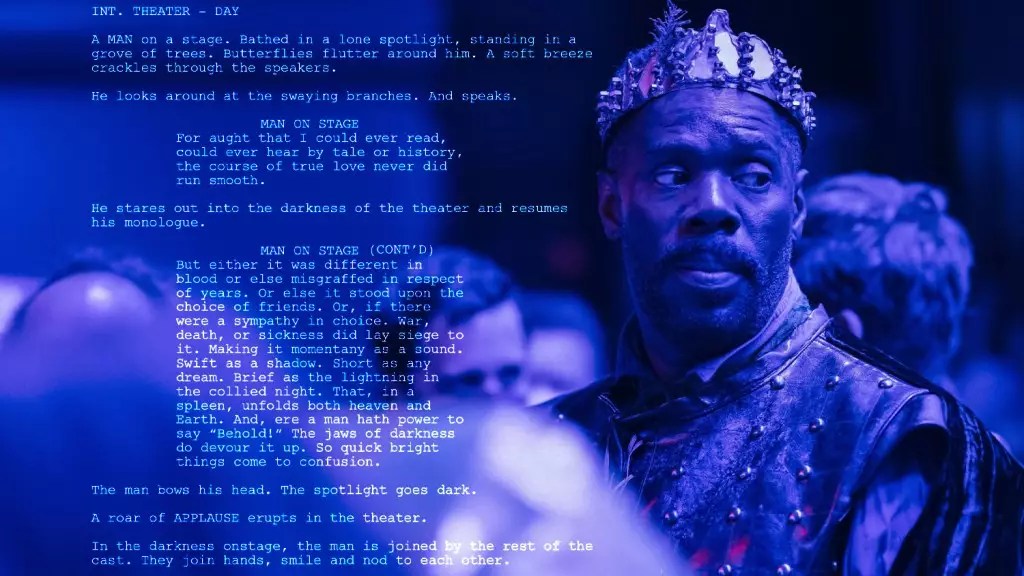“Sing Sing,” directed by Greg Kwedar and featuring Colman Domingo, emerges as a significant force in the cinematic landscape, particularly within the context of award-season films. Adapted from a heartfelt true story, the film captures the spirit of rehabilitation through artistic expression, showcasing how creativity can flourish in even the most oppressive environments. Based on the experiences of John “Divine G” Whitfield, portrayed by Domingo, the narrative illuminates the profound impact of theater on those incarcerated—a theme that resonates universally.
At the core of “Sing Sing” lies the premise of redemption through art. The film details the Rehabilitation Through the Arts (RTA) program, which originated at New York’s Sing Sing Correctional Facility in 1996. This initiative has since evolved into an influential force within numerous prisons, facilitating transformative experiences for inmates through creative expression. With recidivism rates plummeting below 3% for RTA participants—contrast this staggering statistic with the national average of 60%—the film highlights a vital message: artistic engagement can significantly alter life trajectories.
Drawing attention to the men in the program, including the involvement of Clarence “Divine Eye” Maclin, who plays himself, the film fosters an understanding of the unique stories and struggles faced by incarcerated individuals. Their realities are often overshadowed by societal stigma, but through the lens of “Sing Sing,” these individuals are depicted not merely as offenders but as complex human beings capable of growth and transformation.
The driving narrative, co-created by Kwedar, Clint Bentley, Maclin, and Whitfield, provides a compelling account that resonates with audiences on multiple levels. The film’s premiere at the 2023 Toronto Film Festival received an enthusiastic response, described as a “love letter to the transformative power of performing arts.” As it progresses through the accolades of the early awards circuit—including winning the Audience Award at SXSW—“Sing Sing” has positioned itself as an important entry in contemporary cinema.
The recognition of the film’s screenplay by the National Board of Review and its nominations at various prestigious awards further underscore its impact, not just as entertainment but as a vehicle for social commentary. Domingo and Maclin’s performances earned accolades not only at the Gotham Awards but also with a Golden Globe nomination for Domingo, highlighting the film’s broad appeal and critical acclaim.
Significantly, voices like that of Maclin shed light on the vital purpose behind the film. His reflections convey the profound importance of sharing these narratives, emphasizing the potential for societal acceptance and healing. “To demonstrate that society can receive us as we are, broken and healed,” he asserts, provides hope to many who find themselves trapped in the crisis of incarceration. Through “Sing Sing,” the filmmakers extend a hand to those outside of prison walls, urging viewers to consider the inherent worth and capabilities of all individuals, irrespective of their past.
“Sing Sing” transcends its cinematic framework to unveil the transformational abilities of the arts, advocating for understanding and redemption. It serves as a mirror reflecting societal flaws while simultaneously proposing a path toward healing and reintegration. The film is not just a story about incarceration; it is a deeply emotional exploration of humanity and the enduring hope that resides within us all.


Leave a Reply